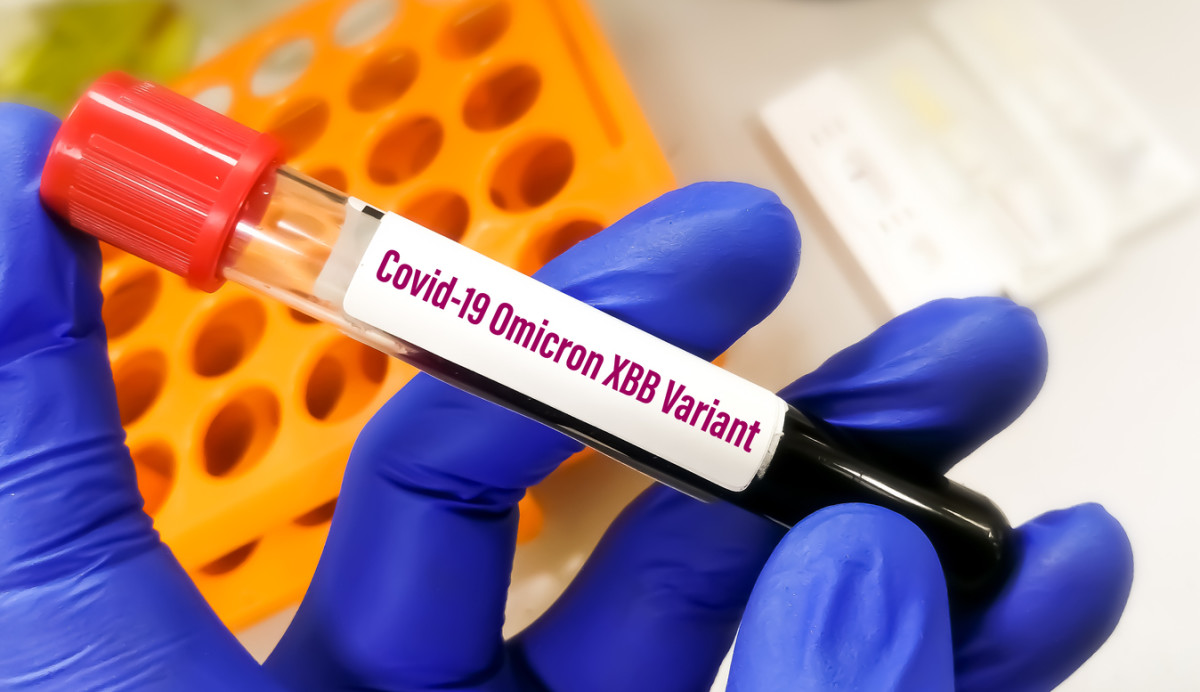What Is A Fecal Transplant

The concept of transferring fecal matter from a healthy individual into a patient suffering from certain gastrointestinal disorders may seem unusual, but it has garnered significant attention in recent years due to its potential therapeutic benefits. A fecal transplant, also known as fecal microbiota transplantation (FMT), involves the transfer of fecal matter from a healthy donor into the gastrointestinal tract of a recipient. This procedure aims to restore the balance of the gut microbiome, which is the collection of microorganisms living in the intestines.
The human gut is home to trillions of microorganisms, including bacteria, viruses, and fungi, that play a crucial role in maintaining our overall health. These microorganisms help with digestion, absorption of nutrients, and protection against harmful pathogens. However, certain conditions, such as antibiotic use, infections, or diseases like inflammatory bowel disease (IBD), can disrupt the balance of the gut microbiome, leading to a range of health problems.
Fecal transplants have been explored as a potential treatment for various conditions, including:
- Clostridioides difficile (C. diff) infection: A bacterial infection that can cause severe diarrhea, colitis, and even life-threatening complications. FMT has shown significant promise in treating recurrent C. diff infections.
- Inflammatory bowel disease (IBD): Conditions like Crohn’s disease and ulcerative colitis, which are characterized by chronic inflammation of the gastrointestinal tract. FMT may help reduce inflammation and improve symptoms.
- Irritable bowel syndrome (IBS): A disorder that affects the large intestine, causing symptoms like abdominal pain, bloating, and changes in bowel movements. FMT may help alleviate symptoms and improve quality of life.
- Obesity and metabolic disorders: Research suggests that alterations in the gut microbiome may contribute to obesity and metabolic disorders. FMT is being explored as a potential therapeutic approach to restore the balance of the gut microbiome and improve metabolic health.
The process of fecal transplantation typically involves the following steps:
- Donor selection: A healthy individual is selected as a donor, and their stool is screened for various pathogens and other microorganisms.
- Stool preparation: The donor stool is processed to create a fecal suspension, which is then filtered to remove any solid particles.
- Transplantation: The fecal suspension is transplanted into the recipient’s gastrointestinal tract via various methods, including:
- Colonoscopy: The suspension is infused into the colon during a colonoscopy procedure.
- Nasogastric tube: The suspension is delivered through a tube inserted into the nose and guided into the stomach.
- Capsules: The fecal matter is encapsulated and taken orally, allowing the capsules to dissolve in the intestines.
While fecal transplants have shown promise in treating various conditions, it is essential to note that the procedure is not without risks. Potential complications include:
- Infection: The transmission of harmful pathogens from the donor to the recipient.
- Adverse reactions: Allergic reactions, diarrhea, or other gastrointestinal symptoms.
- Long-term effects: The potential long-term consequences of altering the gut microbiome are not yet fully understood.
As research continues to uncover the complexities of the human gut microbiome, fecal transplants have emerged as a promising therapeutic approach for various gastrointestinal disorders. However, it is crucial to approach this treatment with caution and carefully weigh the potential benefits and risks.
What are the potential benefits of fecal transplantation?
+The potential benefits of fecal transplantation include the restoration of the balance of the gut microbiome, which may lead to improvements in symptoms and quality of life for individuals with certain gastrointestinal disorders, such as C. diff infections, IBD, and IBS.
What are the risks associated with fecal transplantation?
+The risks associated with fecal transplantation include the potential transmission of harmful pathogens from the donor to the recipient, adverse reactions, and long-term effects on the gut microbiome.
How is fecal transplantation performed?
+Fecal transplantation typically involves the selection of a healthy donor, processing of the donor stool, and transplantation of the fecal suspension into the recipient's gastrointestinal tract via various methods, including colonoscopy, nasogastric tube, or capsules.
In conclusion, fecal transplantation is a complex and multifaceted procedure that holds promise for the treatment of various gastrointestinal disorders. While the potential benefits are significant, it is essential to approach this treatment with caution and carefully consider the potential risks and long-term effects. Further research is needed to fully understand the mechanisms and consequences of fecal transplantation, but it is clear that this innovative approach has the potential to revolutionize our understanding and treatment of gut health.



